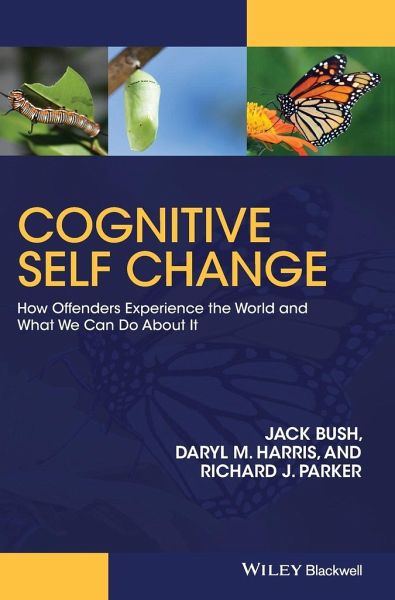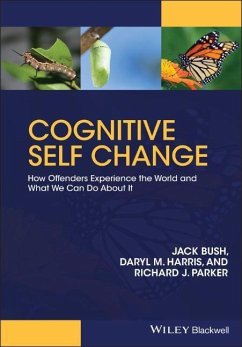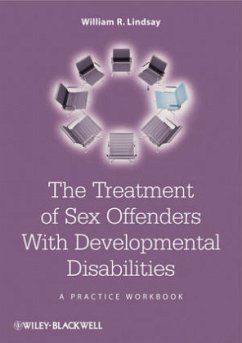
Cognitive Self Change
How Offenders Experience the World and What We Can Do about It
Versandkostenfrei!
Versandfertig in über 4 Wochen
100,99 €
inkl. MwSt.
Weitere Ausgaben:

PAYBACK Punkte
50 °P sammeln!
This book draws on the latest literature to highlight a fundamental challenge in offender rehabilitation; it questions the ability of contemporary approaches to address this challenge, and proposes an alternative strategy of criminal justice that integrates control, opportunity, and autonomy. * Provides an up to date review of the links between cognition and criminal behavior, as well as treatment and rehabilitation * Engages directly with the antisocial underpinnings of criminal behavior, a major impediment to treatment and rehabilitation * Outlines a clear strategy for communicating with offenders which is firmly rooted in the "What Works" literature, is evidence-based, and provides a way of engaging even the most antisocial of offenders by presenting them with meaningful opportunities to change * Provides hands-on instructions based upon the real-life tactics and presentation of the high-risk offender * Offers a way forward for a more meaningful and effective system of criminal justice













